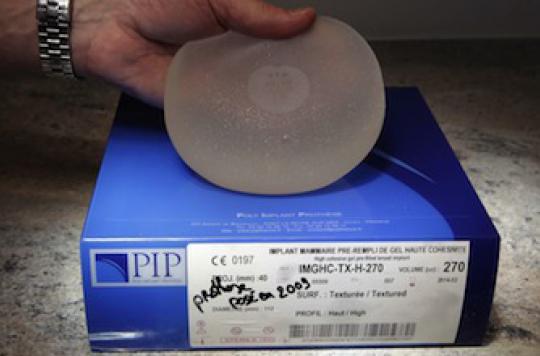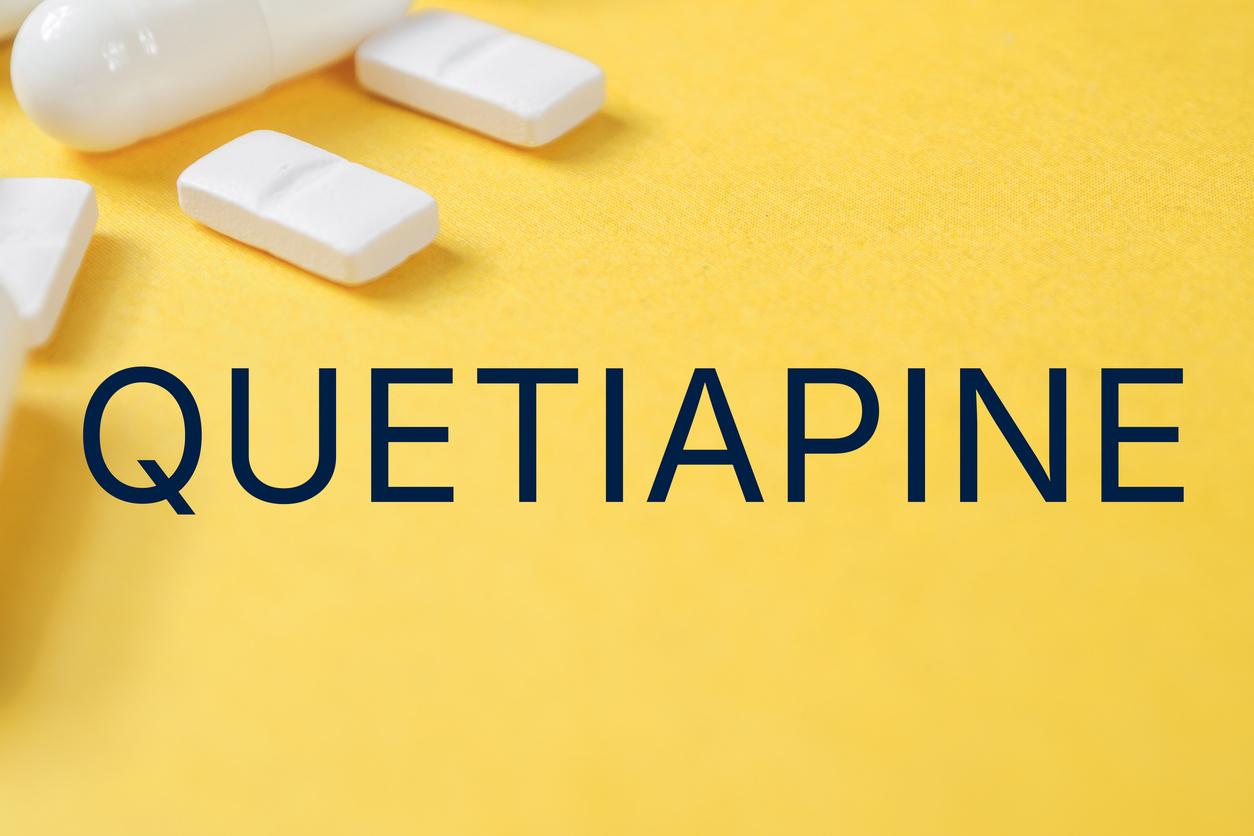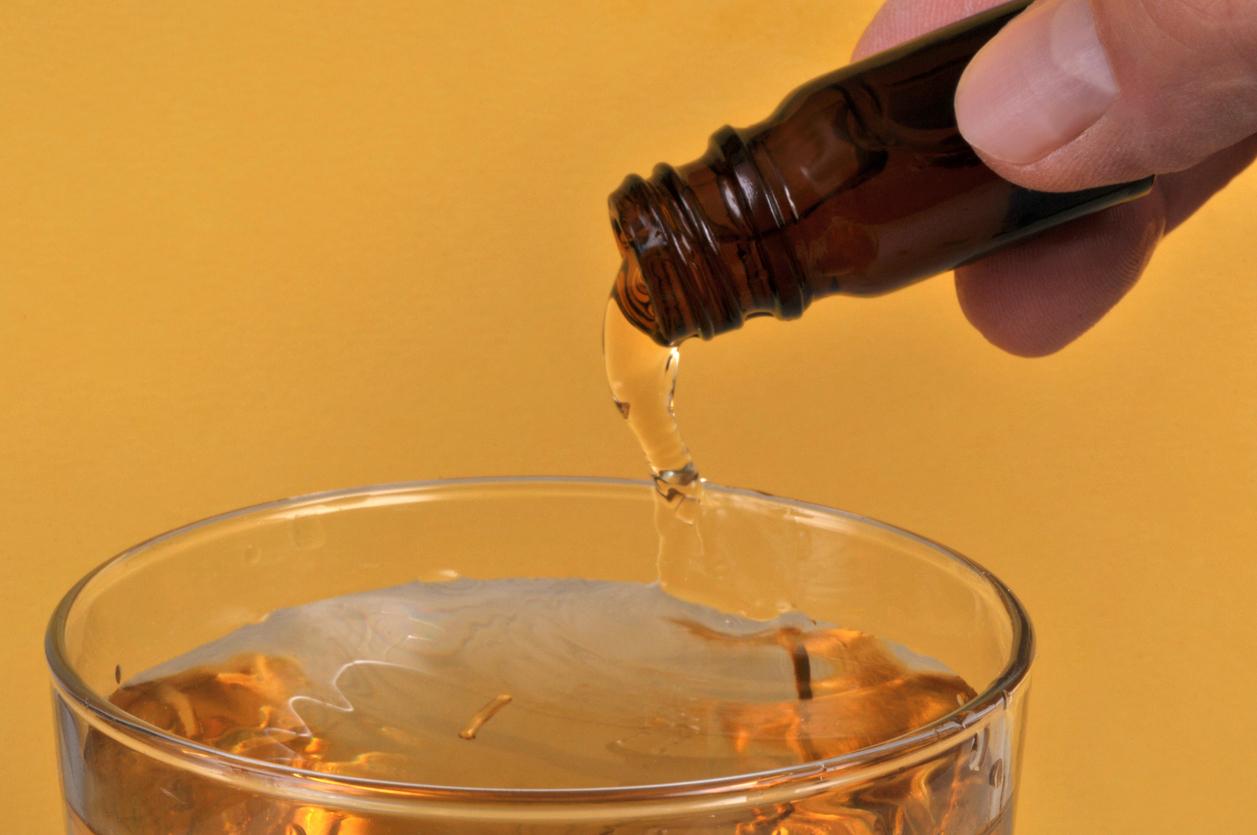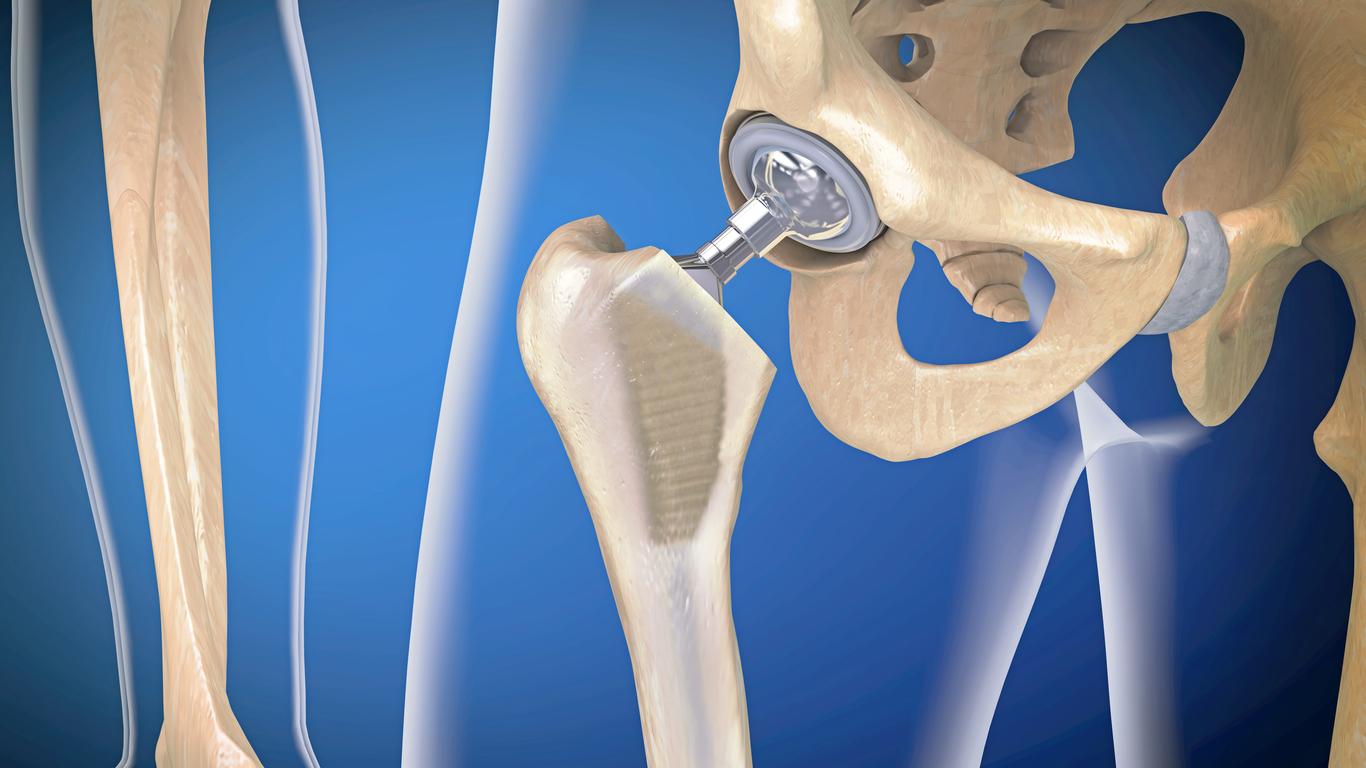The Medicines Safety Agency denies having deleted passages implicating it in a report on PIP prostheses submitted in February 2012 to the Minister of Health, Xavier Bertrand.

The Medicines Safety Agency disputes any cover-up in the fraudulent PIP breast prosthesis case. In an article published on Tuesday, the information site Mediapart claimed, in fact, that the French Agency for the Sanitary Safety of Health Products (Afssaps) was able to suspend the marketing in France of adulterated breast prostheses from 2007 or 2008, and not in 2010 as was the case. Information that Mediapart claimed to draw from an internal Afssaps report never published. Among the accusations, the site reproached the Agency in particular for having “redacted elements which pointed to the major shortcomings of the management by Afssaps of the PIP affair”, in the official report submitted to the Minister of Health Xavier Bertrand in February 2012. The latter did not contain, according to Mediapart, the material vigilance data provided by the manufacturer, but only the reports of health professionals who tend to under-report adverse effects. It also did not include “the full presentation of toxicology data collected by the Agency, including analyzes which showed the presence of a high content of D4”, a reprotoxic contained in the gels of PIP breast prostheses.
The Agency denies having redacted its official report
In a press release published Tuesday evening, the Ansm recalls that it made public on February 1, 2012, a detailed official report including a chronology of the facts, an analysis of the material vigilance data, the result of the inspections carried out by the health authorities. , the summary of the toxicological data available on the silicone gels used for filling breast prostheses from the company PIP and the health safety actions carried out.
And the Agency added that “it was only two months after the public delivery of this report that an Ansm employee on his own initiative submitted to the general management a personal and retrospective analysis established on the basis of same toxicological and material vigilance data as those appearing in the report submitted to the Minister on 1 February 2012. “
Conclusion of the Agency, “the official report made public two months earlier has in no way been redacted from the elements contained in a document produced subsequently. “In addition, she claims to have spontaneously given to the investigating judge in charge of the PIP case the document drawn up by her employee and assures to collaborate since the beginning of the investigation with the justice for the manifestation of the truth and in order to that all responsibilities can be established.
No increase in ruptures prostheses since 2006
Another controversy, according to Mediapart, the report indicated that “the increase in ruptures for PIP prostheses began in 2006.” The Afssaps could therefore have reacted in 2007, or at the latest in 2008, which would have made it possible to avoid the implantation of 6,445 to 10,466 women, that is to say a third of the carriers of implants, recalls Mediapart.
Asked by Le Figaro santé on this point, François Hébert, Deputy Director General of Ansm replied: “If the agency had made this observation at the time, it would never have left this file as it is (.. .) In 2008, we only had a very low number of reports. It was only during the following year that their number increased significantly and that we took the necessary measures, ”he concludes.
In France, the number of women with PIP breast prostheses is estimated at around 30,000. At present, more than 16,000 of these women have already had these prostheses removed, according to the latest report issued at the end of May by the Ansm. However, these victims will have to wait until December 10 to know the fate of Jean-Claude Mas, the French manufacturer of these prostheses containing a fraudulent silicone gel. This is the date set by the Marseille Criminal Court to deliver its judgment.
.
















